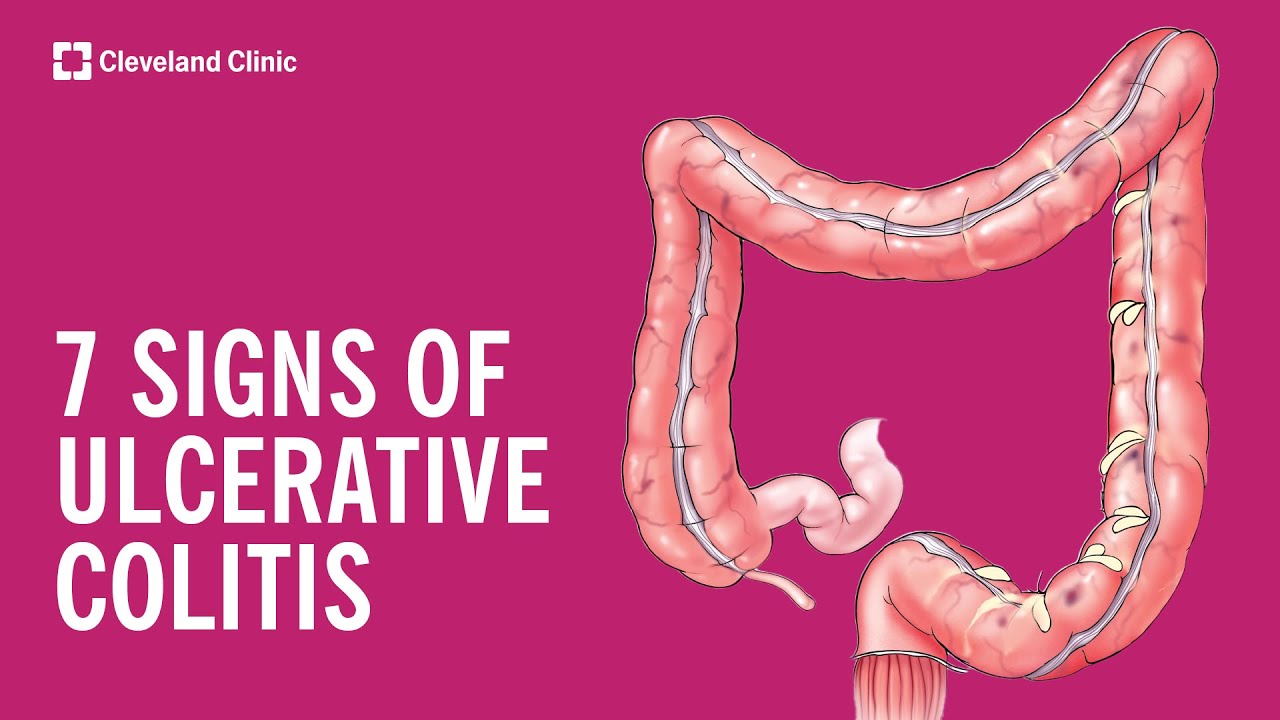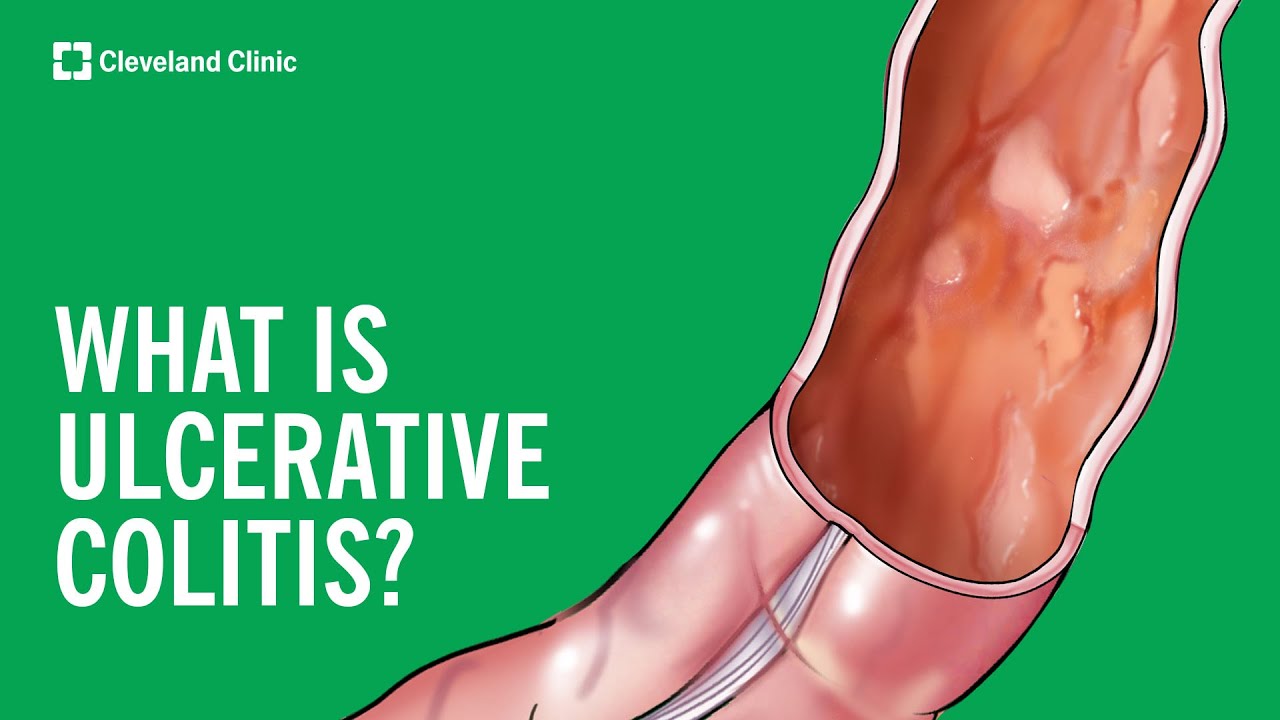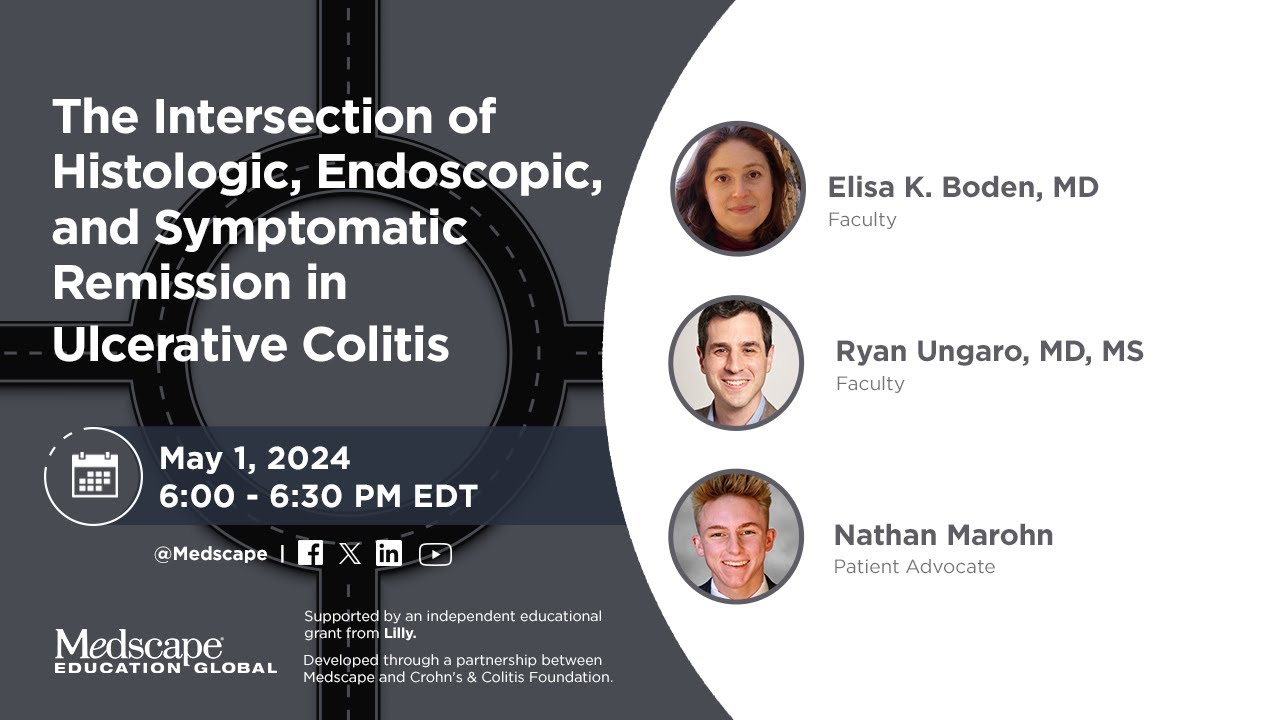The Gastroenterology Channel
NEW YORK (Reuters Health) – Although liver transplantation for acute liver failure (ALF) still has a high early mortality, outcomes in Europe have improved over 2 decades, researchers report in an April 18th on-line paper in the Journal of Hepatology.
Moreover, Dr. Andrew K. Burroughs told Reuters Health by email, “results are improving despite poorer quality of donors, so this is a major achievement in the transplantation field.”
Dr. Burroughs of University College London and colleagues came to this conclusion after examining donor, graft and recipient variables from the European Liver Transplant Registry database. The period covered was from 1988 to 2009 and 4903 patients were evaluated.
From 1988 to 1993 patient survival at 1 year was 66%, at 3 years 62%, and at 5 years 61%. Outcomes improved over time and by 2004 to 2009 corresponding proportions were 79%, 75% and 72%.
There were similar findings for graft survival. For example, this rose from 51% at 1 year in the earliest period to 73% by 2004 to 2009.
The improved results from 2004 to 2009 were particularly notable as the proportions of donors more than 60 years old rose from 1.8% to 21% by then. Moreover death or graft loss were greater with donors in this age group. (odds ratio, 1.21).
Among other factors associated with these poor outcomes were being male (adjusted odds ratio, 1.25), having a reduced size rather than a full graft (odds ratio, 1.54), being a recipient more than 50 years old (odds ratio, 1.26) and incompatible ABO matching (odds ratio, 1.93).
In fact, recipients older than 50 years, combined with donors aged more than 60 years resulted in 57% mortality/graft loss within first year.
Commenting on this finding, Dr. Burroughs added that despite the overall improvements “there may be a group of patients whose characteristics make them unlikely to survive with a poorer quality donor and this may influence practice.”
Another finding that may influence practice is that transplantation for paracetamol (acetaminophen) induced ALF increased seven fold from 2% to 14.1%. Close to 8% of these patients died or lost the graft chiefly because of suicide or non-adherence to immunosuppressive medications. More than half of these events were in the first year. The team call for further psychological, psychiatric and social support in this group.
SOURCE:
Liver transplantation for acute liver failure in Europe: Outcomes over 20 years from the ELTR database
J Hepatol 2012.







